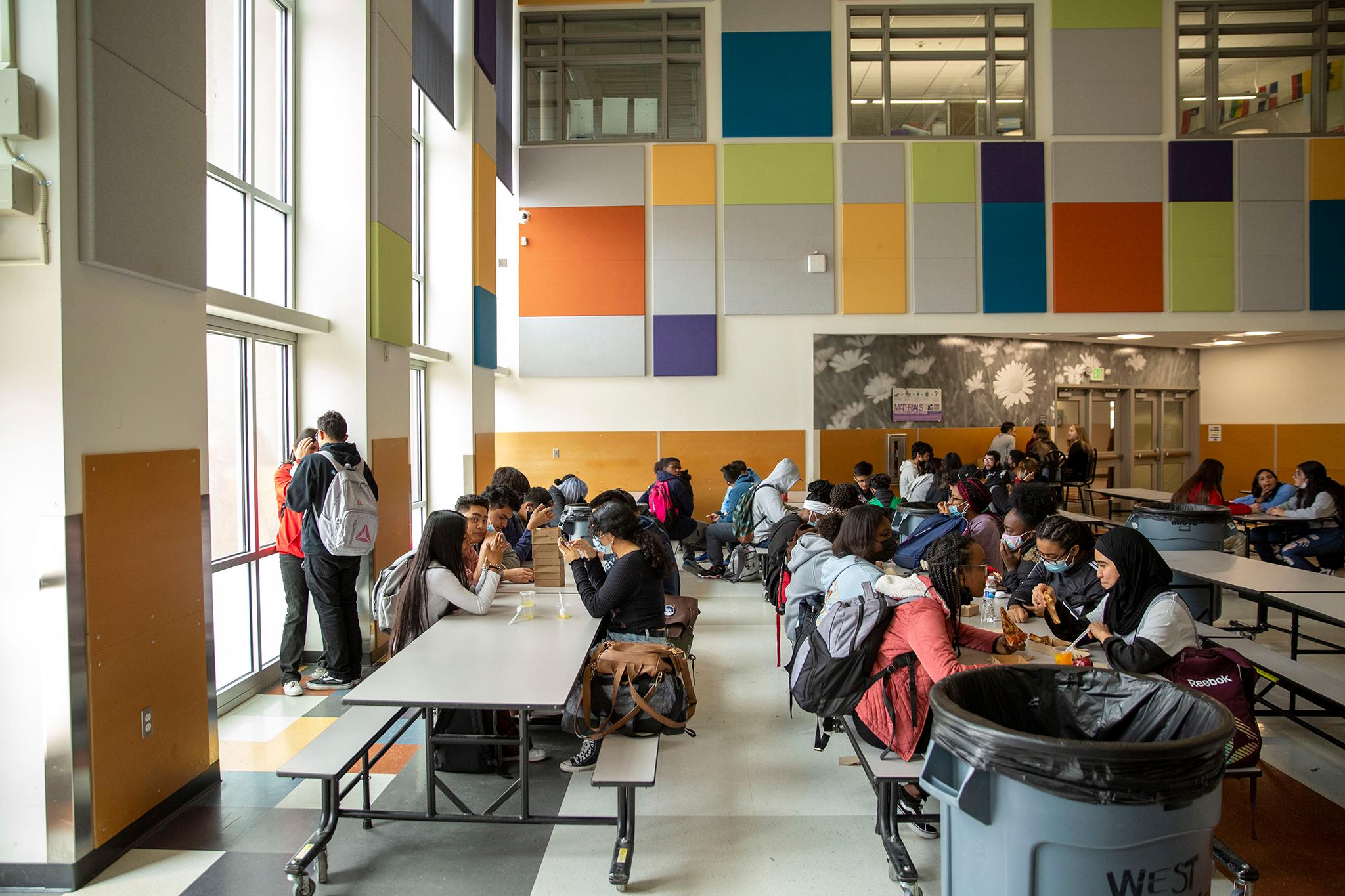When COVID-19 shut down schools, it also severed access to free breakfast and lunch programs that a lot of Denver children rely on. The federal government stepped in with money to keep those meals coming, which expanded coverage to any kid - not just those whose families are considered low-income.
That federal funding expired in 2022, and some state lawmakers raised the possibility of using state money to ensure all students have access to free meals in perpetuity. Their bill was never introduced, and became Proposition FF.
How it would work
A yes on FF raises taxes on households that make more than $300,000 per year to pay for grants that schools can use to buy locally sourced food, increase pay for workers who work in school cafeterias and create parent and student advisory committees who will make sure menus are up to snuff. Those taxes would begin in 2023.
Schools will also be required to participate in federal programs to get the most federal cash available for meals. The Colorado Department of Education would also be required to report on the program every two years, to make sure things are on track.
Here's who's for it and against it
Proponents say free meals are crucial now, as inflated housing and grocery costs hammer families. They also argue kids need to eat to participate better in class, and making free meals available to everyone eliminates a "stigma" attached to a program that would otherwise be designated for low-income families.
Opponents argue higher taxes will be onerous for households making more than $300,000 a year in a time when the cost of living is inflated, and that the state shouldn't buy meals for families who can afford to do it.
For full descriptions and arguments for and against these measures, check out your blue book.













